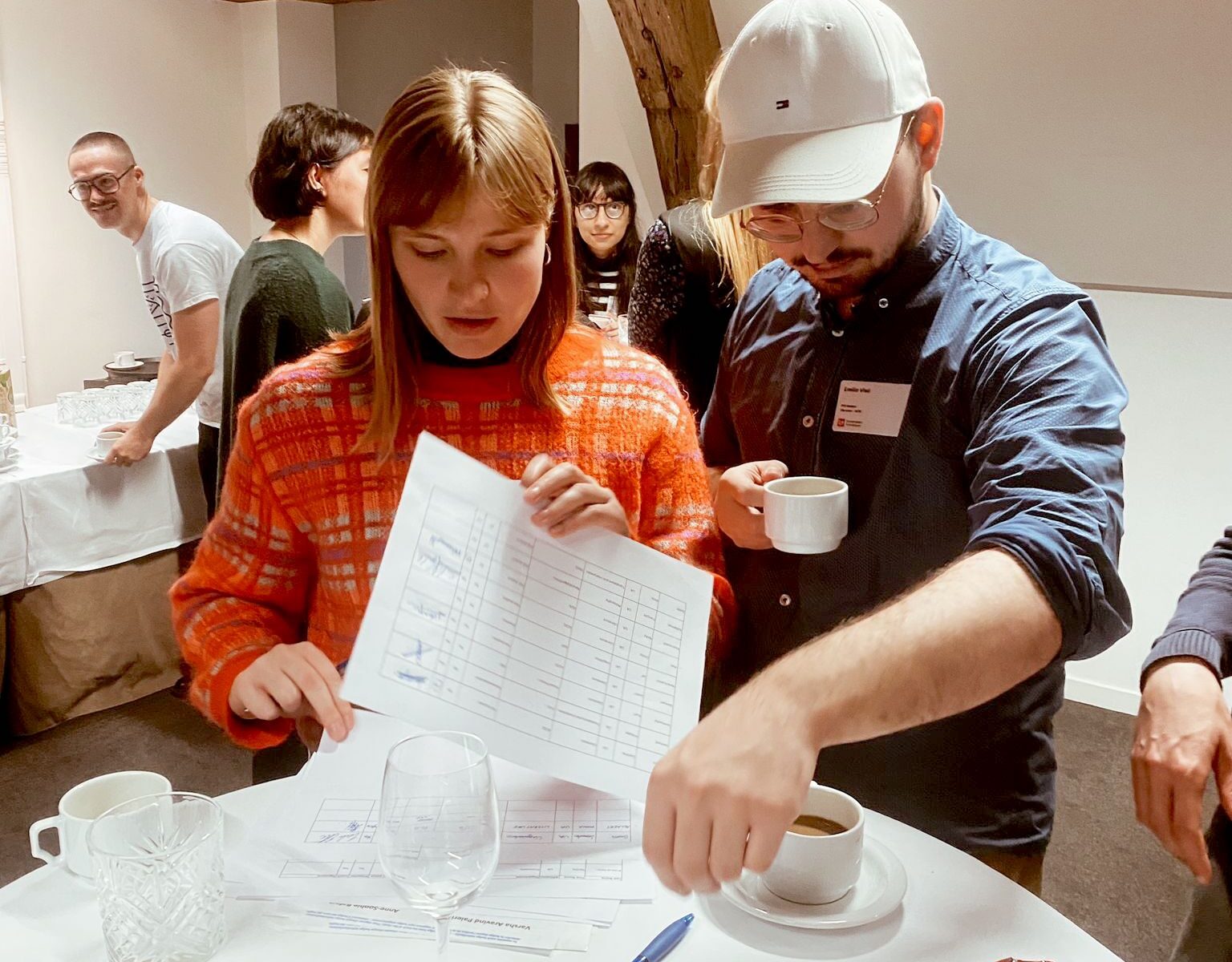For the second year in a row doctoral students of the Faculty of Arts organized their own Doctoral Conference in October. Curious to know what they discussed? Eleanor Smith takes us for a tour behind the scenes. (text: Eleanor Smith)
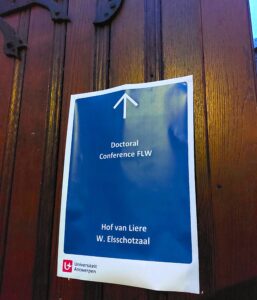
As humanities researchers we are often faced with a multitude of methodological considerations. We find ourselves asking, how and if to combine traditional and novel, qualitative and quantitative, intra and inter disciplinary methods, among others. The dual edged sword of working in such a rich and varied faculty is that it can sometimes feel that these decisions leave us marooned on our own highly-specified islands with little in common even with members of our own research groups. For early career researchers, this feeling of contradiction and multiplicity can be difficult to navigate. This October’s student led ‘Doctoral Conference FLW’, aimed to provide a meeting place for members of our faculty to come together and share their experience with ‘Clashing Methodologies’ through presenting their own research, discussing their observations and concerns, and building a network of peers across departmental boarders.
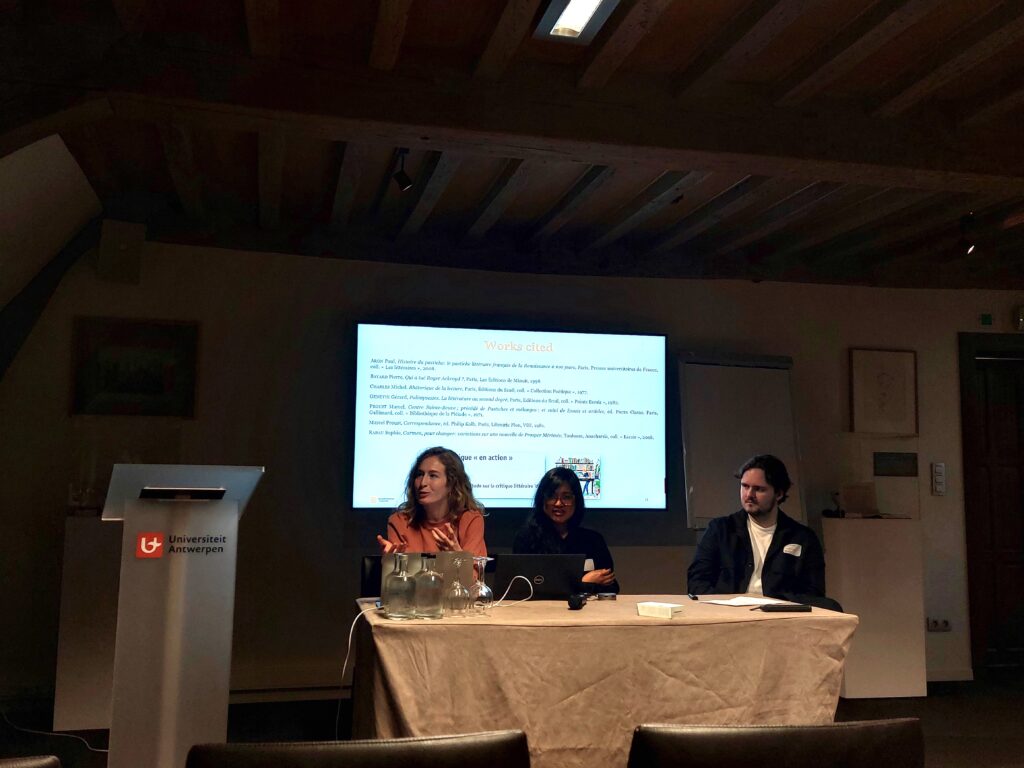
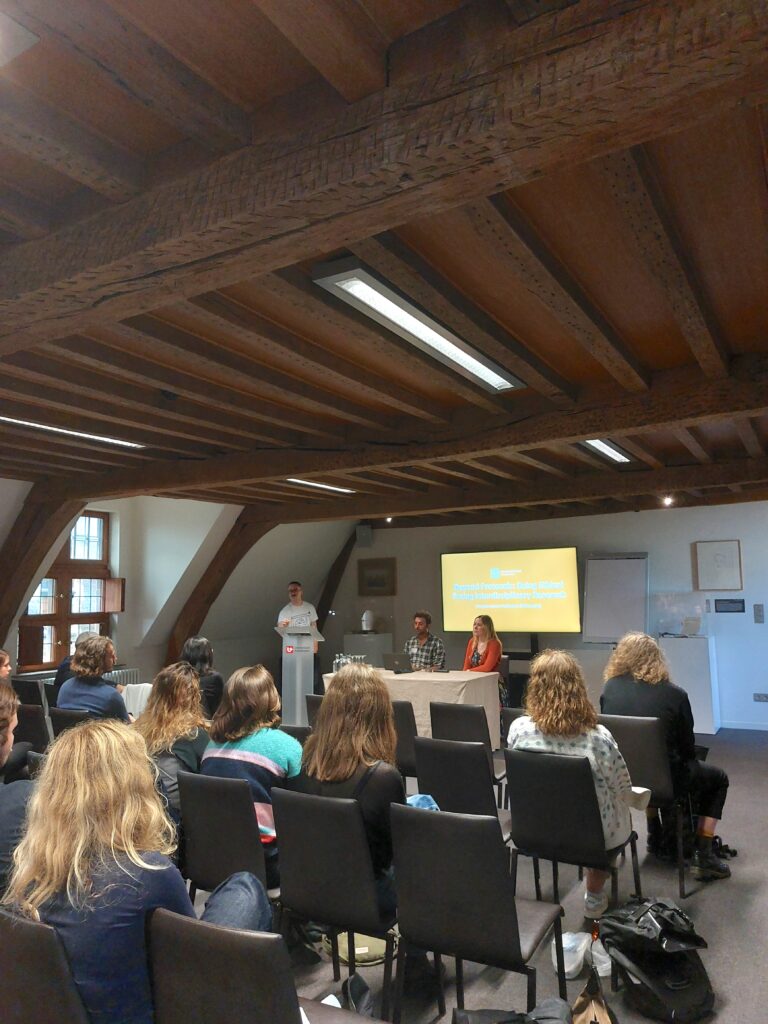
This year’s event was the second edition of the annual one day conference, and included 11 presenters, 4 chairs, 40 attendees and 7 organizers from across all departments of the faculty. The programme topics ranged from sea shanties, linguistic typology, and political discourse to auditory testing, ethical interviewing and erotopoetics. Despite these seemingly disparate research focuses it was clear to see the shared thread between the presentations, how do we as humanists make appropriate choices about complex methodological issues? What followed was a day of in depth discussion on the pressures and biases of funding bodies, the temptation of research trends and the confines of traditional methods. Over the course of the day it became very apparent that we share much more than we differ. To complement this, multiple doctoral support initiatives were also highlighted to ensure that attendees left with knowledge of the support available in their own research communities after the event.
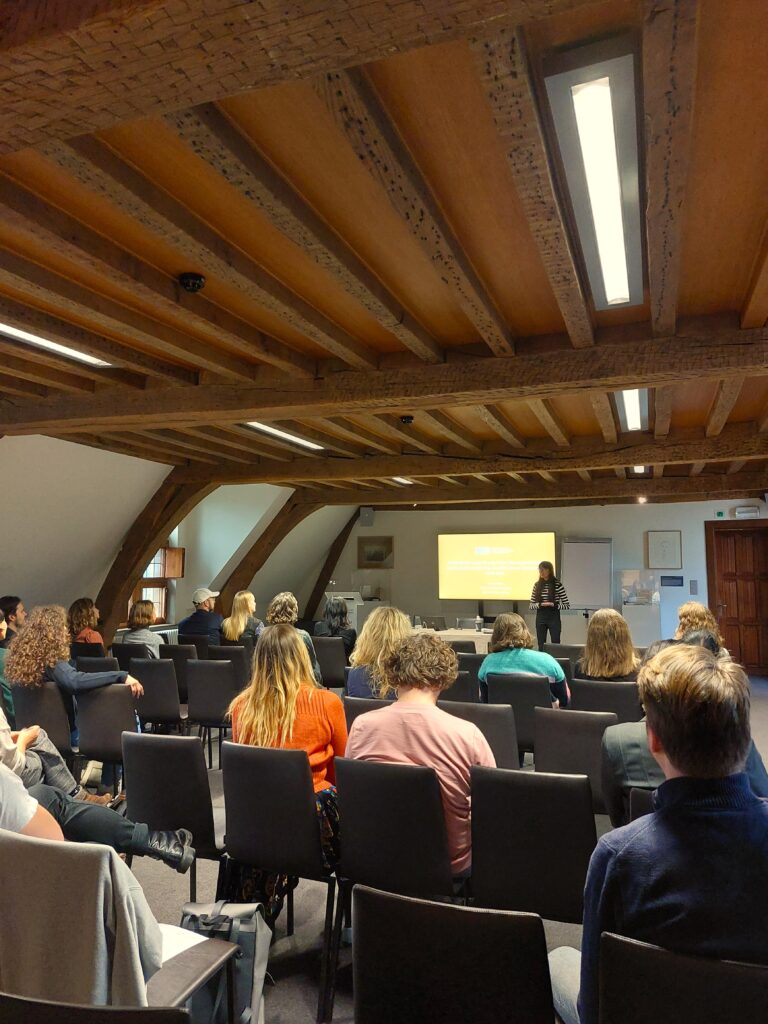
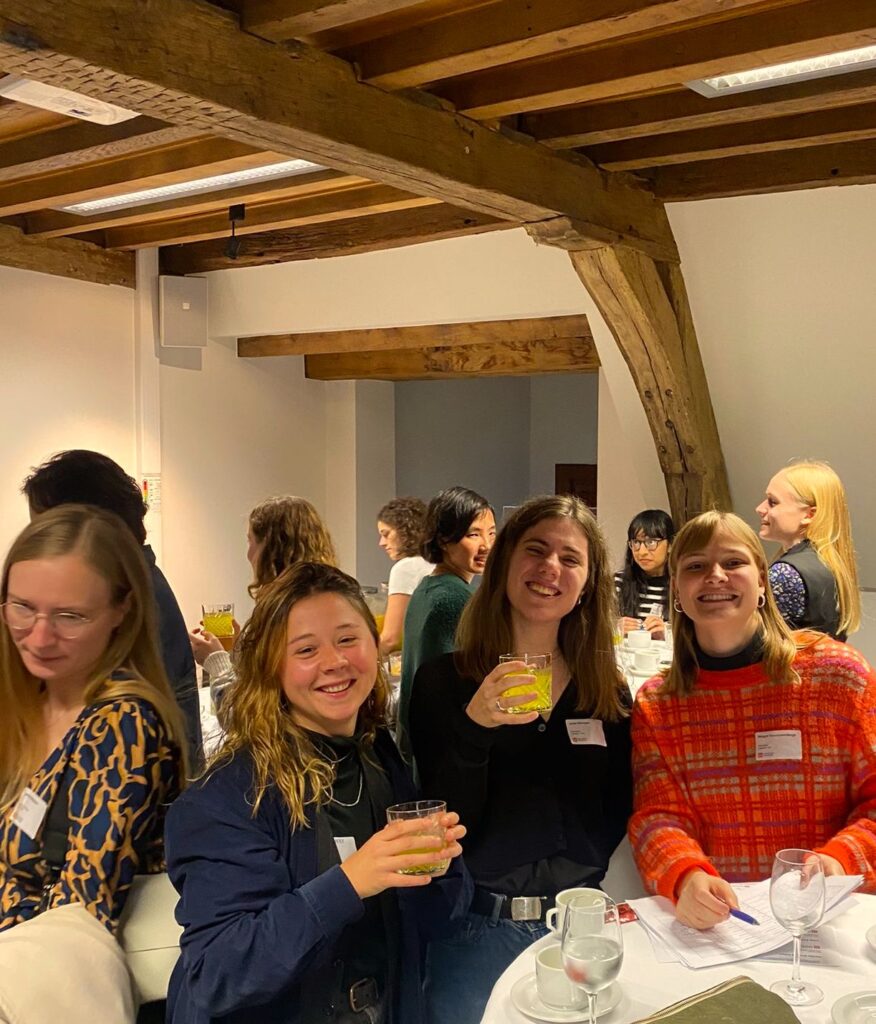
Throughout the day, attendees remarked that the conference highlighted the importance of connecting with researchers from outside of their research group or department. Several researchers mentioned that events like these are really useful, as the presentations showed that relevant research was happening across different departments, opening up the possibility of cross-departmental collaboration. Building a stronger and more inter-connected community of humanities researchers in our faculty serves only to improve the quality of our research and experience both as individuals and as a university. We hope that the success of this conference will spark more interest in cross-departmental events encouraging further networking and collaboration.
We very much look forward to the third edition of the ‘Doctoral Conference FLW’ coming in 2024.

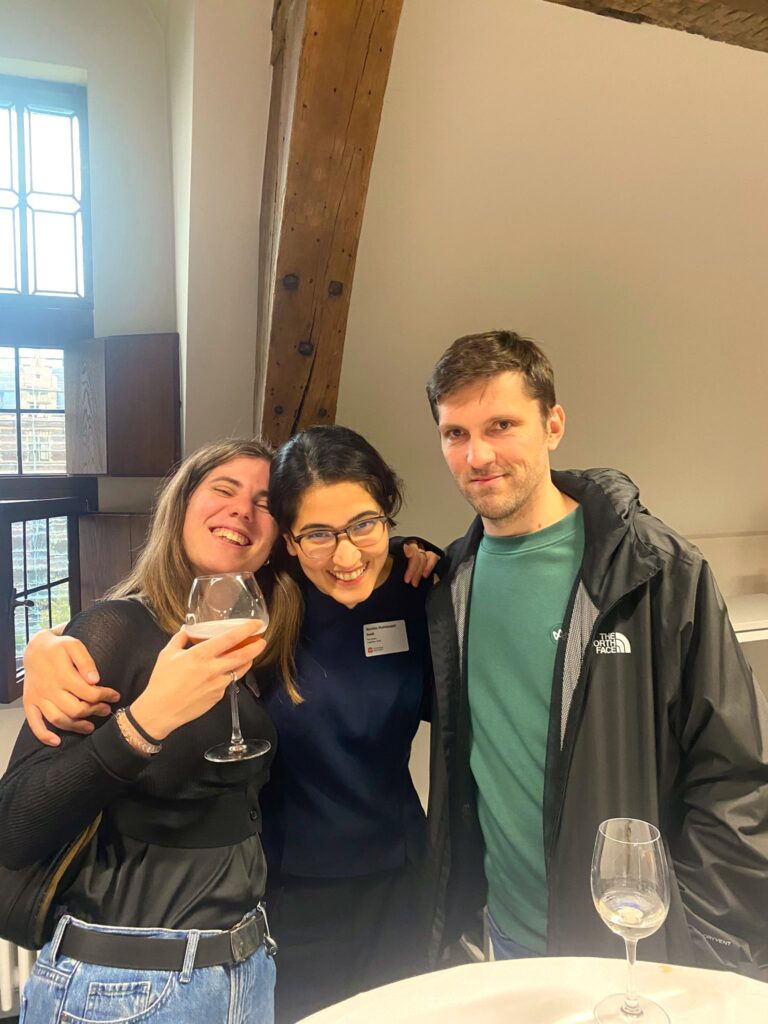
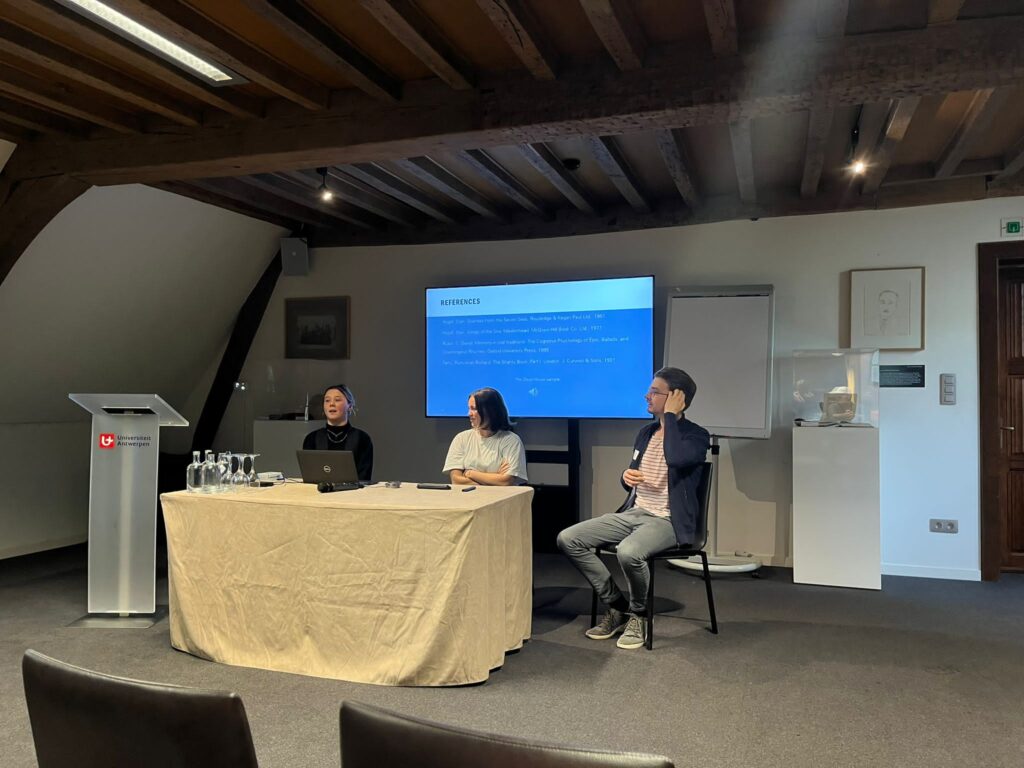
Bruggen bouwen over de departementen heen: welkom op de Doctoraatsconferentie 2023 Voor het tweede jaar op rij organiseerden doctoraatsstudenten van de Faculteit Letteren en Wijsbegeerte hun eigen Doctoraatsconferentie in oktober. De onderwerpen varieerden van zeemansliederen, linguïstische typologie en politiek discours tot auditieve tests, ethisch interviewen en erotopoetica. Maar ondanks deze schijnbaar verschillende onderzoeksfocus was er een duidelijke rode draad tussen de presentaties te zien, namelijk hoe maken we als humanisten de juiste keuzes in complexe methodologische kwesties? Een van de belangrijkste conclusies van de dag was dat samenwerkingen over de departementen heen ieders onderzoek versterken.


